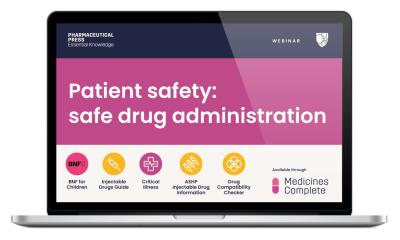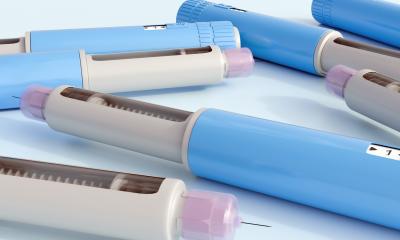Insulin capsules - a promising alternative to injections
Researchers from the Robert Gordon University in Aberdeen, UK, presented a study at The British Pharmaceutical Conference, held from 10th to 12th September, 2007, at Manchester Central, showing that a chemical coating is able to encapsulate and protect insulin against enzymes that usually break down the hormone in the gastrointestinal tract.

The special chemical coating, known as novel polymer and synthesised in laboratories, could protect orally taken insulin from enzyme breakdown. Unhindered, the insulin could enter the blood stream and take effect on blood glucose levels. Insulin is usually delivered to the body by the way of injection. In future, the chemical coating could allow insulin to be taken orally for treatment of type 1 and type 2 diabetes.
“We have been working on developing an oral insulin because studies show that a great many people with diabetes fear injections. Being able to take insulin orally would have a significant impact on the lives of many of the patients – not just eliminating the need for injections, but also offering a much more convenient form of treatment,” explains Dr Colin Thompson, Research Fellow, who works under the supervision of Dr Woei Ping Cheng at the university’s School of Pharmacy.
Many general practitioners delay the initiation of insulin treatment for type 2 diabetics as they assume that the patients would dislike or fear the injections.
Oral insuline as an alternative to injections - there are still numerous hurdles the researchers need to overcome. “Further testing of this complex is needed to determine its suitability as an insulin delivery system – a goal that is some years away. However, our research is taking us a significant step forward towards this important goal and offering hope to people who are living with diabetes,” concludes Dr Thompson.
09.09.2007





